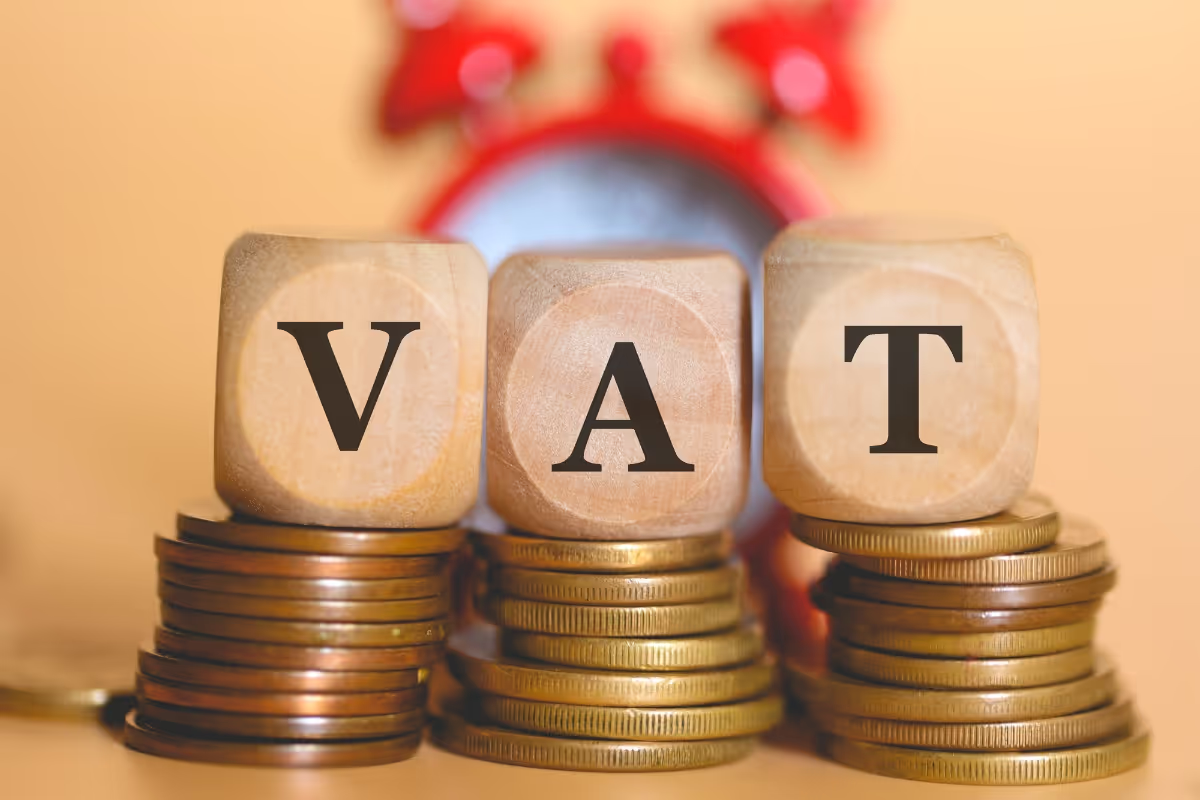VAT Inspections and Investigations: A Complete Guide


Have HMRC been in touch with you to arrange a VAT inspection? You may feel anxious about what this means for you and your business. It can be a stressful experience so it’s important to be prepared and seek professional advice.
In this article, we’ll discuss everything you need to know about VAT inspections and investigations so you can feel prepared for HMRC’s visit.
What is a VAT inspection?
A VAT inspection is when an HMRC VAT officer visits your business to check your VAT records. The goal is to check if you are complying with VAT regulations, including:
- Charging the correct amount of VAT for goods and services you provide.
- Filling in your VAT returns accurately.
- Paying the correct amount of VAT.
- Claiming the correct amount of VAT refunds.
- Keeping appropriate and accurate VAT records.
If you are compliant, you have little to worry about. If you haven’t been compliant, or are worried you may have made mistakes, please read on and contact Holborn Adams for professional advice.

What is the process of a VAT investigation?
There are several steps involved in a VAT inspection and investigation.
Pre-inspection
HMRC will usually contact you to arrange the inspection. They usually give you around 7 days notice, though sometimes they will visit without an appointment. They’ll tell you what information they’d like to see, how long they envisage the investigation taking, and if they’d like to inspect your business premises.
During the inspection
The inspection can take 1-4 days. The HMRC representative will introduce themselves and outline what the purpose of their visit is. They’ll review the documentation they need and will ask you some questions about your business and the documents you’ve submitted. They’ll verify the accuracy of information you’ve supplied in your answers and in the documents.
After the inspection
After your inspection, HMRC will write to you. There may be no further action to take. If there is, the letter will include:
- Steps to take to improve your VAT record-keeping.
- Corrective measures they’ve taken on your VAT account.
- Whether you are overpaying or underpaying VAT.
- What penalties you face.
If there are significant errors in your VAT documentation, they may decide to investigate even further. This can take many months and years.
How long does a VAT investigation take?
A VAT inspection usually takes 1-4 days. A full VAT investigation can take many months or even years depending on the complexity of the case and how serious the suspected fraud is.
What triggers a VAT investigation?
Several things can trigger HMRC to begin a VAT investigation, including:
- One or more of your VAT returns has failed a credibility check.
- Your business is in one of HMRC’s designated “high-risk” sectors.
- Receiving a tip-off concerning your VAT compliance.
- Your VAT claims have increased substantially.
- Your business has a history of late or non-payments of VAT.
- Random selection by a computer.
HMRC uses a sophisticated software called Connect which draws information from multiple data sources. It highlights anomalies in data with ease, making it simple for HMRC to flag companies who may not be compliant with VAT regulations.

How often do you get VAT inspections?
The frequency you receive VAT inspections depends on how complex your business is and whether your business has been flagged as having issues with VAT compliance before. You’ll receive more frequent inspections if you have not been compliant in the past.
Can HMRC investigate dissolved companies?
Yes – HMRC can investigate a dissolved company, even if they have been struck off of the Companies House register. They may choose to investigate a dissolved company if they suspect that they can recuperate a significant sum of money. They have the authority to reinstate businesses in order to reclaim their money.
How far back can HMRC investigate during a tax investigation?
The length of time that HMRC can go back for underpaid tax depends on the severity of the suspected fraud.
Usually, HMRC investigates the last 4 years when investigating issues with VAT.
As their investigation progresses, if they find evidence of fraudulent activity, they are allowed to dig as far back as 20 years.
What happens if issues are found with my VAT records?
If HMRC find issues with your VAT records, they’ll make adjustments on their end and ask you to rectify mistakes in all future VAT records. They will likely keep tabs on you to ensure you don’t continue to make mistakes with future VAT documents.
They will send you an assessment which is a formal notice outlining the issues that were found, the VAT you owe, and the additional penalties you must pay.
If the evidence points to you engaging in a more serious case of fraud, their investigation will continue and you may find yourself at the centre of criminal proceedings.

What are the penalties if errors are discovered in my VAT inspection?
Tax evasion penalties vary depending on the severity of the errors:
SeverityPenaltyMistakes / Carelessness0-30% of extra VAT dueDeliberate (but not concealed)20-70% of extra VAT due (possibility of up to 7 years in prison)Deliberate and concealed30-100% of extra VAT due (possibility of up to 7 years in prison)
The level of severity is measured by:
- The amount of unpaid VAT.
- The level of intent.
- The measures to conceal.
- Your cooperation with HMRC.
- The number of times you’ve previously committed VAT offences.
You can secure minimal penalties if you voluntarily disclose information to HMRC, aid them with their investigation as much as they are entitled to, and if you are not a repeat offender. A tax fraud solicitor is best placed to help you plan your next steps.
What if I can’t afford to pay the penalties?
If you’re unable to pay the penalties, you can speak to HMRC directly to coordinate a payment plan where you repay the VAT owed plus interest, plus your penalty, over a longer period of time, making it more affordable.
If you’re unhappy with the penalty given, you have the right to appeal. Instructing a solicitor for assistance with this will improve your chances of having the penalty formally reduced.
What if I am not happy with the outcome of the VAT inspection/investigation?
If you’re unhappy with the outcome of the VAT investigation, you can appeal. You have 30 days to request a statutory review or to submit an appeal to the First-tier tribunal.
If you opt for the review, an HMRC employee who didn’t work on your case will be instructed to review it. They have 45 days to come to their own conclusion.
If you are still not happy with their decision, you have a further 30 days to submit an appeal to the First-tier tribunal. This is an entity independent of HMRC where you can challenge HMRC rulings. This third-party tribunal will determine whether the penalty is fair based on the available evidence. It’s best to instruct a solicitor to help defend you at this tribunal.

Concerned about a possible VAT inspection and/or investigation?
It’s natural to be fearful about a VAT inspection and investigation, especially if you are concerned that HMRC may actually find errors in your documentation.
The tax fraud team at Holborn Adams is on hand to help you through your VAT inspection and investigation. We’ll advise you how best to cooperate with HMRC and we can negotiate with HMRC to give you significantly reduced penalties. We can instruct tax experts to help create your defence case.
We can help you no matter what stage you are in the VAT investigation process. Please get in touch with our VAT fraud solicitor team today.




